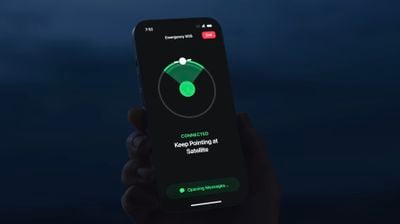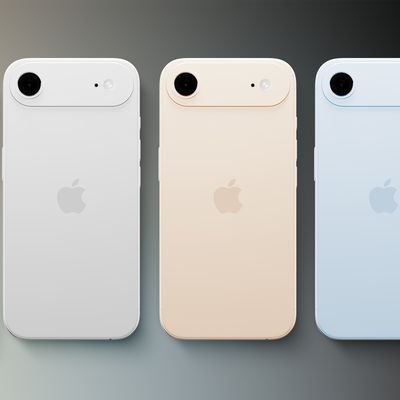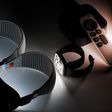In a press release this week, Apple said the iPhone 14's life-saving Emergency SOS via Satellite feature will be supported in additional countries next year. However, Apple did not provide a list of countries where the feature will be expanding to next.

Emergency SOS via Satellite first launched in November in the U.S. and Canada and requires an iPhone 14, iPhone 14 Plus, iPhone 14 Pro, or iPhone 14 Pro Max running iOS 16.1 or later. The service became available in France, Germany, Ireland, and the UK earlier this week, with iOS 16.2 required for some local emergency service numbers. The service is free for two years starting at the time of activation of an iPhone 14 model.
From an Apple support document about using Emergency SOS via Satellite:
In the U.S. and Canada, call or text 911. In France, call or text 112, 15, 17, 18, 114, 119, 191, and 196. In Germany, text 112 and 110. In Ireland and the U.K., call or text 999 or 112.
You need iOS 16.2 to connect to emergency services via satellite when you call or text 15, 17, 18, 114, 119, 191, and 196 in France, 110 in Germany, and 999 in Ireland. The availability of these additional emergency numbers might also depend on your cellular carrier.
The feature allows iPhone 14 models to connect to a Globalstar satellite, enabling users to send text messages to emergency services when outside the range of cellular and Wi-Fi coverage. Apple says a text message might take 15 seconds to send via satellite in "ideal conditions with a direct view of the sky and the horizon," but foliage or other obstructions can result in messages taking longer to send or failing to send. Apple says satellite connectivity also might not work in places above 62° latitude, such as northern parts of Alaska and Canada.
Already, there have been reports of Emergency SOS via Satellite helping first responders rescue people in places like Alaska and California.
iPhone users should consult Apple's support document for important details about the feature.




















